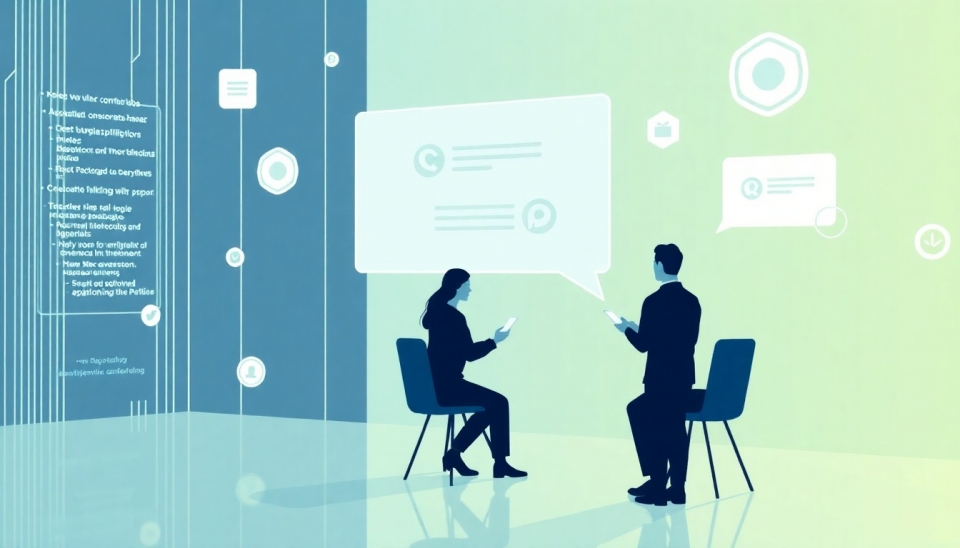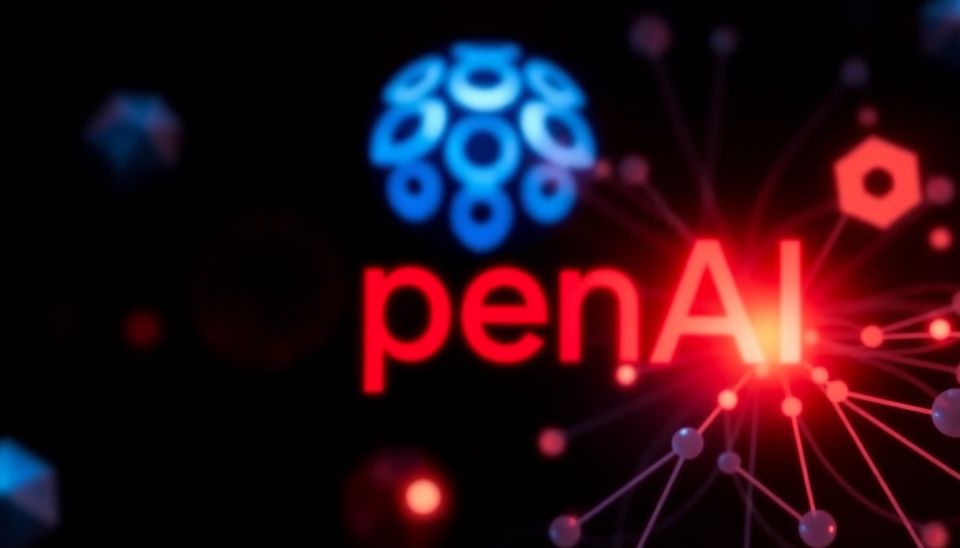
OpenAI has once again captured public attention with its latest iteration of ChatGPT, which has gone viral for reasons that transcend the typical fascination with artificial intelligence. While discussions about AI technology often revolve around its capabilities and implications for the future, this latest wave of interest appears rooted in broader societal conversations. In a world inundated with constant technological advancements, the latest version of ChatGPT has surfaced as a reflection of deeper cultural and ethical questions.
The recent surge in popularity of ChatGPT is not merely about its technical performance or conversational ability, but it also highlights the increasingly significant role AI plays in our daily lives. Conversations sparked by ChatGPT are revealing concerns about privacy, job displacement, and the ethical use of AI in real-world scenarios. As users engage with the chatbot, they find themselves confronted not only with its technological prowess but also with the philosophical implications of its existence.
Many users have shared anecdotes detailing how ChatGPT has impacted their lives, from enhancing productivity in personal projects to assisting with educational endeavors. Such stories amplify the chatbot's reach beyond just tech enthusiasts. Instead, it is becoming an integral part of various sectors, inspiring discussions on its applications in education, healthcare, and customer service among others. This democratization of AI tools invites more voices into the conversation, showcasing both optimism and skepticism about the technology.
Further fueling this discourse is the ongoing debate about regulatory measures for AI systems. As ChatGPT gains traction, questions surrounding accountability and ethical guidelines emerge. Policymakers and ethicists are grappling with the need to establish frameworks that guide the responsible use of AI, ensuring it benefits society as a whole while minimizing potential harms. The challenges posed by an ever-evolving AI landscape are prompting calls for comprehensive dialogue among technologists, lawmakers, and the public.
OpenAI's latest success with ChatGPT demonstrates that AI is more than just a tool; it serves as a mirror reflecting societal values, fears, and aspirations. The excitement surrounding this technology encapsulates a cultural moment where AI is not merely an abstract entity but is woven into the fabric of everyday life, inviting scrutiny and engagement from diverse perspectives.
As OpenAI continues to innovate and refine its offerings, the conversation surrounding ChatGPT and its implications for society will only intensify. The intersection of technology, culture, and ethics is becoming a crucial narrative to follow as we navigate a future increasingly shaped by artificial intelligence.
In summary, OpenAI’s latest viral moment with ChatGPT illustrates that the true discussions at play extend beyond just the capabilities of AI. They touch upon our collective values and the role such technologies will play in shaping our future. The world is watching closely, and the stakes are higher than ever as we confront the promises and challenges of AI.
<#>OpenAI #ChatGPT #ArtificialIntelligence #Technology #Culture #Ethics #Innovation #Society #Regulation #FutureOfAI
Author: Emily Collins


